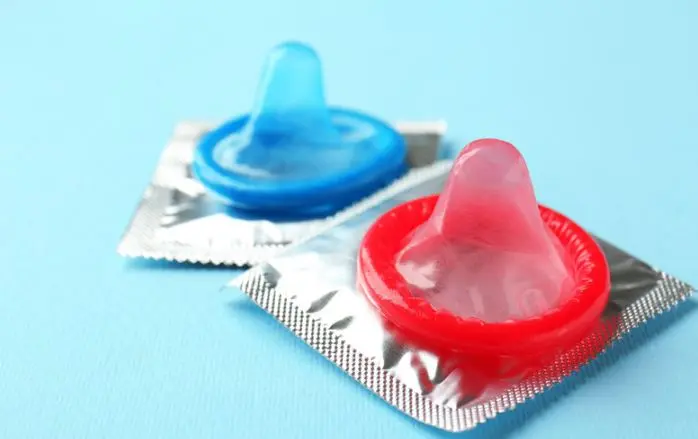As part of our ongoing series on sexually transmitted infections (STIs), this edition focuses on gonorrhoea. STIs, which encompass over 25 different types, can be transmitted through unprotected vaginal, anal, or oral sex, affecting individuals of all age groups. Recognising the symptoms, treatment options, and preventive measures is crucial for managing these infections effectively.
What is Gonorrhoea?
Gonorrhoea is an infection caused by the bacterium Neisseria gonorrhoeae. It primarily affects the genitals, throat, and rectum and is most commonly spread through unprotected sexual contact. Key transmission routes include:
- Unprotected vaginal, oral, or anal sex.
- Sharing uncleaned or uncovered sex toys.
Recognising the Symptoms of Gonorrhoea
Often symptomless, gonorrhoea can still present several signs that warrant attention:
- Unusual Discharge: Watch for abnormal green or yellow discharge.
- Painful Urination: A burning sensation during urination is a common indicator.
- Pelvic Discomfort: Lower abdominal pain or discomfort may occur.
- Sore Throat: Particularly after oral sex.
- Discomfort in the Rectum: Notable especially after anal intercourse.
It’s important to note that many may not exhibit these symptoms, making regular screenings essential.
Testing and Diagnosis
Prompt testing after unprotected sexual encounters is advisable. In the UK, increasing antibiotic resistance makes testing even more critical. Gonorrhoea tests are straightforward and can be performed at home with self-testing kits or at clinics via swab or urine samples. Privacy and confidentiality are paramount during this process. Order your free STI test here.
Treatment Options
If diagnosed with gonorrhoea, the condition is generally treatable with antibiotics. It’s vital to complete the full course of prescribed medication to fully eradicate the infection.
Prevention Strategies
The most effective way to prevent gonorrhoea is by using condoms, the only contraceptive method that also protects against STIs. Here are additional preventive measures:
- Use of condoms and dental dams. Order free condoms on the ec-card
- Regular STI screenings.
- Proper cleaning of sex toys before and after use.
Available Support
Dealing with STIs can be challenging, but support is available. The Essex Sexual Health Service offers confidential advice, support, and treatment. For more information or to access services:
- Visit our online portal or contact us at 0300 003 1212.
- Learn more about our free condom distribution through the eC-Card scheme and other services here.
Understanding, testing, and treating gonorrhoea effectively can help mitigate its impact and prevent its spread, empowering individuals to lead healthier sexual lives.


